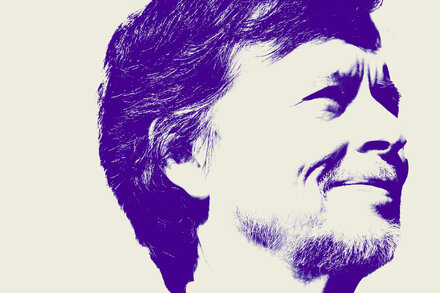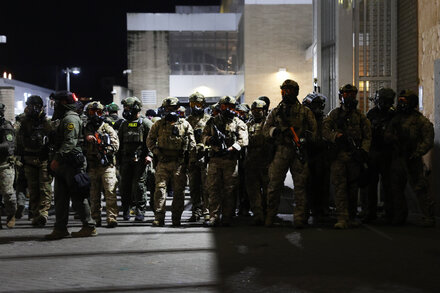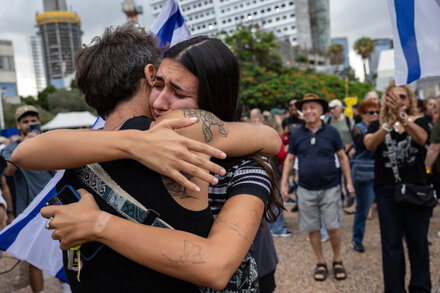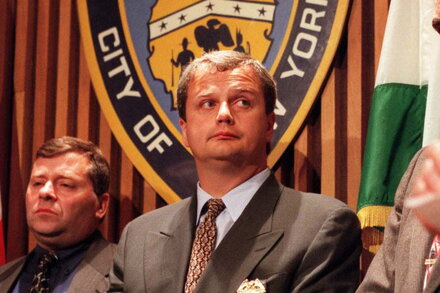Throughout his political career, particularly since his 2016 presidential campaign, Donald J. Trump has presented a complex and often evolving stance on Russian President Vladimir Putin and the ongoing conflict in Ukraine. A close examination of his public statements reveals a notable shift in tone, moving from early admiration for Putin and skepticism about traditional alliances to a more focused rhetoric centered on ending the war swiftly and criticizing U.S. financial aid to Kyiv.
Early Admiration and Skepticism
In the lead-up to and during his first term as president, Trump frequently expressed an unorthodox admiration for Vladimir Putin, often contrasting him favorably with American leaders. His rhetoric often downplayed Russian aggression and questioned the efficacy and fairness of institutions like NATO, positions that diverged sharply from traditional U.S. foreign policy.
“I think I have a very good relationship with President Putin.”
“He’s very smart. I mean, he’s a smart guy.”
These early sentiments, often articulated in various interviews and press conferences, framed Putin as a strong, effective leader, leading to criticism that Trump was too conciliatory towards Moscow.
The Shift Post-Invasion: From “Genius” to Critic
The full-scale Russian invasion of Ukraine in February 2022 marked a critical juncture. Immediately following Russia’s initial moves, including the recognition of breakaway regions in eastern Ukraine, Trump’s initial comments garnered significant attention for their controversial nature.
“I went in yesterday and there was a television screen, and I said, ‘This is genius.’ Putin declares a big portion of the Ukraine… Putin declares it as independent. Oh, that’s wonderful.”
“He’s a genius. He’s very savvy.”
These remarks, made in a radio interview shortly after the invasion began, were widely interpreted as praise for Putin’s strategic acumen, even amidst widespread international condemnation. However, as the conflict escalated and global outrage grew, Trump’s public tone began to pivot, shifting from direct praise of Putin’s actions to a more generalized criticism of the war itself, often coupled with blame directed at the Biden administration.
“Ending the War in 24 Hours” and Aid Critiques
In the subsequent months and years, particularly as he launched his 2024 presidential campaign, Trump’s focus on Ukraine evolved. His emphasis shifted from an assessment of Putin’s character or strategy to a repeated promise of quick resolution if re-elected, often implying a capacity to end the conflict within a day.
“I will have that war settled in one day, 24 hours after I take office.”
This pledge, a frequent refrain at his rallies, suggested a departure from his earlier seemingly passive acceptance of Putin’s actions, though he rarely detailed the terms of such a rapid peace settlement. Concurrently, Trump became a vocal critic of the extensive financial and military aid provided by the United States to Ukraine, arguing it was excessive and that European nations were not contributing sufficiently.
His rhetoric increasingly positioned the conflict as a drain on American resources, often intertwining it with broader criticisms of President Biden’s foreign policy. While he occasionally acknowledged the “horrible” nature of the war, his primary focus became the perceived cost to American taxpayers and the alleged weakness of the current administration, rather than the initial “genius” assessment of Putin’s aggression.
Nuance in Rhetoric: Aggression vs. Diplomacy
Over time, Trump’s public statements reflected a nuanced, if not always consistent, shift. The outright admiration for Putin’s strategic moves, prominent in early 2022, largely receded, replaced by a more pragmatic, transactional approach focused on negotiating an end to hostilities. While still maintaining that the war would not have occurred under his presidency, and often avoiding direct condemnation of Putin as an aggressor, his public messaging gravitated towards a resolution of the conflict, framing it as a matter of economic and strategic importance to the United States.
This evolution in his “own words” illustrates a strategic adaptation of his rhetoric, moving from an initial, somewhat isolated, position of admiration for Putin’s strongman image to a more politically aligned stance promising peace and criticizing the financial implications of the war, all while consistently positioning himself as the only leader capable of resolving the complex geopolitical crisis.
Source: Read the original article here.





